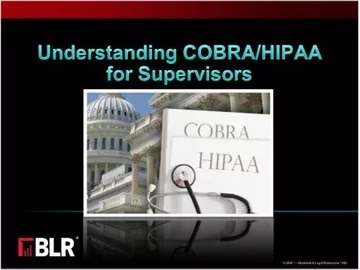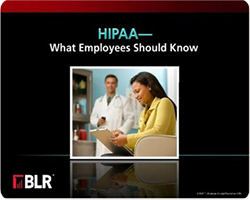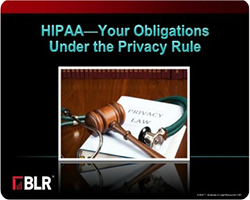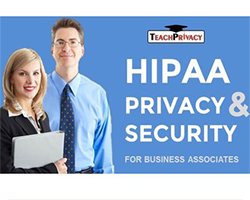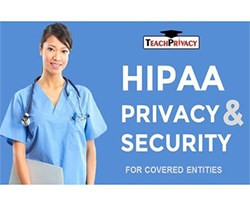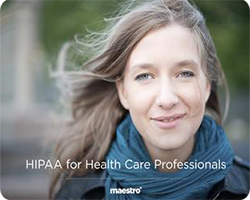No one needs reminding that health care information is sensitive in nature and requires proper handling. The trouble usually comes in where entities that ought to comply with the regulations in place to protect health care beneficiaries (such as the HIPAA Act), do not have the necessary understanding of the appropriate steps to take to ensure compliance. Here, we explore the basics of HIPAA compliance and highlight some of our top courses to help relevant entities develop and effect appropriate safety procedures and industry standards.
1. What is the Health Insurance Portability and Accountability (HIPAA) Act?
The California Department of Health Care Services lists the following as functions of HIPAA:
• It allows for the transfer and continuation of health insurance coverage for a large proportion of American workers and their families in the event that they change or lose their jobs;
• It plays a role in the reduction of health care fraud and abuse;
• HIPAA mandates industry-wide standards for health care information on electronic billing and other processes; and
• It necessitates the protection and confidential handling of all protected health information (PHI) (e.g. oral, paper, or electronic formats, among others).
2. Which Entities Should Comply with the HIPAA Act?
If you are classified as a Covered Entity or Business Associate under the HIPAA Act and you handle PHI, your business is required to comply. Covered Entities include U.S. health plans, health care clearinghouses, and health care providers; while Business Associates include any organization or individual who is a vendor or subcontractor with access to PHI (e.g. data processing firms, medical equipment companies, and medical transcription services).
The HIPAA Privacy regulations require of Covered Entities and Business Associates to create and implement measures that safeguard the confidentiality and security of protected health information when transferred, received, handled, or shared. It is further mandated that only the minimum health information required to conduct business is to be used or shared.
3. Still Feel Lost? Train your Employees in With These Courses…
Some compliance regulations can get a little bit tricky to figure out without some expert guidance, and so, we have selected six of the best HIPAA courses (30% OFF, valid thru Aug. 6th) in our library to guide you on your way.
Let’s take a look:
Course 1: Understanding COBRA/HIPAA for Supervisors Course; only $23.00* per license. Duration: 38 Minutes.
NOW: $16.10 (valid thru: Aug. 6th)
Course 2: HIPAA – What Employees Should Know Course; only $23.00* per license. Duration: Duration: 28 minutes
NOW: $16.10 (valid thru: Aug. 6th)
Course 3: HIPAA – Your Obligations Under the Privacy Rule Course; only $23.00* per license. Duration: 43 minutes.
NOW: $16.10 (valid thru: Aug. 6th)
Course 4: HIPAA Privacy and Security for Business Associates; only $99.00* per license. Duration: 40 minutes.
NOW: $69.30 (valid thru: Aug. 6th)
Course 5: HIPAA Privacy and Security for Covered Entities; only $199.00* per license. Duration: 40 minutes.
NOW: $139.30 (valid thru: Aug. 6th)
Course 6: HIPAA for Healthcare Professionals Course; only $15.00* per license.
NOW: $10.50 (valid thru: Aug. 6th)
In need of more courses to develop other aspects of your business? Visit www.coggno.com and explore our wide range of available modules by best-in-breed training experts.

